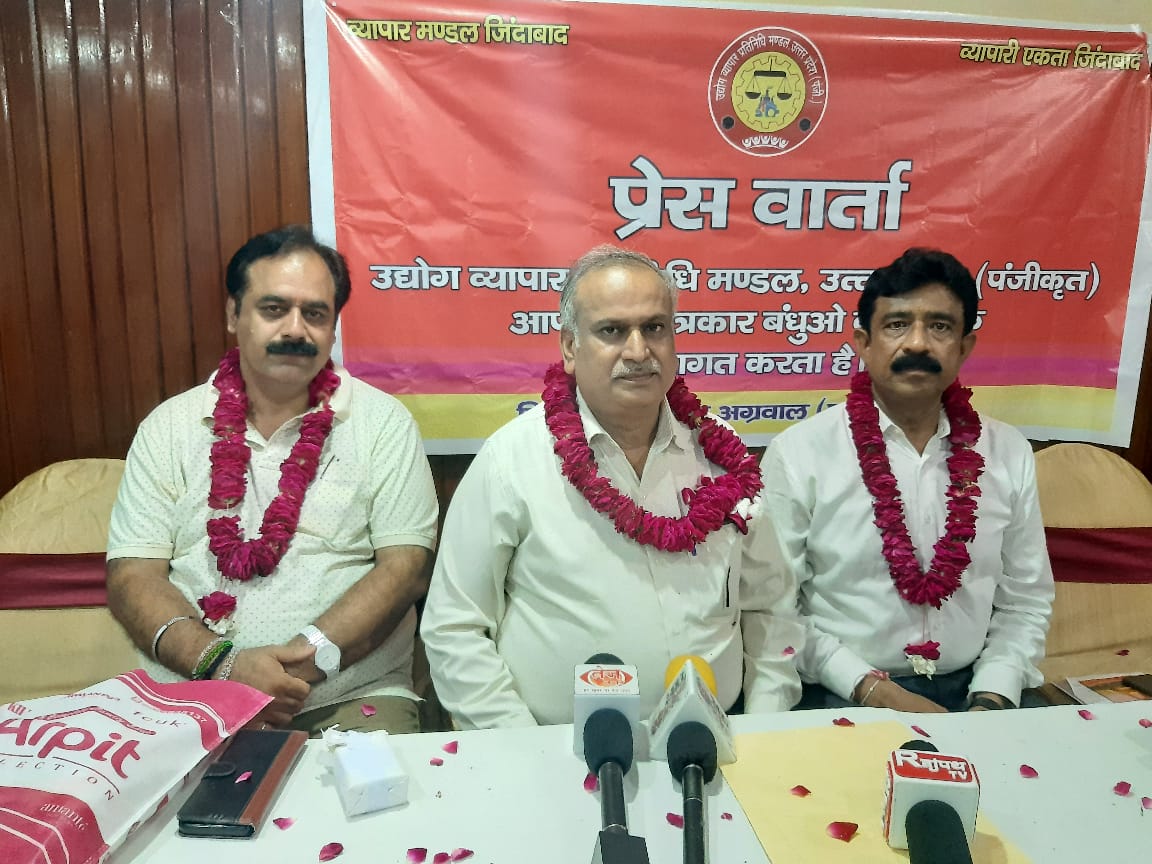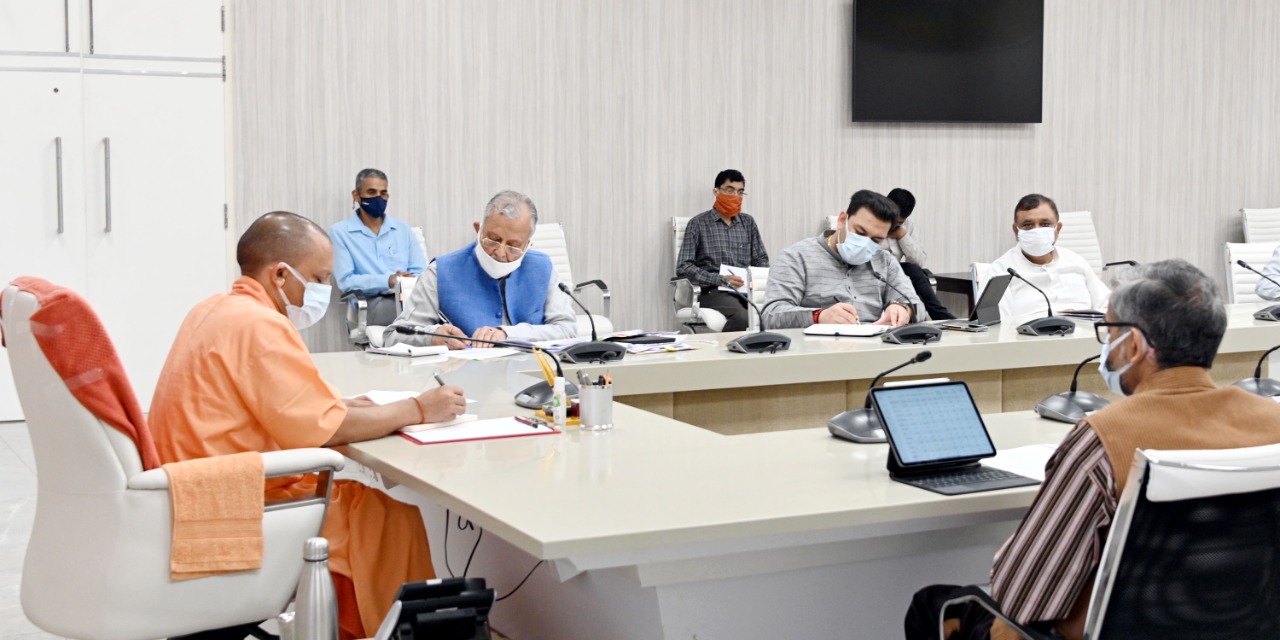Since the discovery of HIV/AIDS in 1981, the virus has killed more than 39 million people. Having recently announced to the public that he is HIV Positive, Charlie Sheen joins Magic Johnson in the ranks of celebrities who suffer from the condition. Due to this revelation, rumors about HIV/AIDS have been flooding the news. As thousands of people prepare to observe World AIDS Day on December 1, 2015, health officials and researchers are raising alarms over an increase in new infections world-wide. With many incorrect facts floating around, it is important that the general public understand the virus and the difference between HIV and AIDS.
Human Immunodeficiency Virus (HIV) attacks the body’s immune system causing infections, cancers and AIDS. HIV weakens the immune system by destroying important cells and over time the body is unable to fight off harmful infections and diseases. The human body cannot get rid of HIV so once diagnosed, you have it for life.
Acquired Immune Deficiency Syndrome (AIDS) is an illness caused by HIV. AIDS is the stage of infection that occurs when your immune system is badly damaged and you become vulnerable to opportunistic infections. Without treatment, people who are living with AIDS typically survive about 3 years. There are medications, such as Non-nucleoside reverse transcriptase inhibitors (NNRTIs), that are highly effective in fighting AIDS and its complications. They help reduce the HIV virus within the body and keep the immune system as healthy as possible with little complications.
There are many more tools today to prevent HIV than ever before. To reduce your risk of HIV infection you should limit your number of sexual partners, practice safe sex by using condoms correctly and consistently including anal, oral, and vaginal, you should never share needles .It is also important to take advantage of newer biomedical options such as pre-exposure prophylaxis. Pre-exposure prophylaxis (PrEP) is a pill prevention option for those who are at high risk of getting HIV. PrEP does not mean it’s ok to have unprotected sex; one should always protect themselves by the use of condoms.
At this time, there is no cure for HIV/AIDS, but there are effective medications that fight and help prevent HIV and its complications. Researchers and doctors have made tremendous strides in acquiring knowledge about both HIV and AIDS and remain optimistic.




